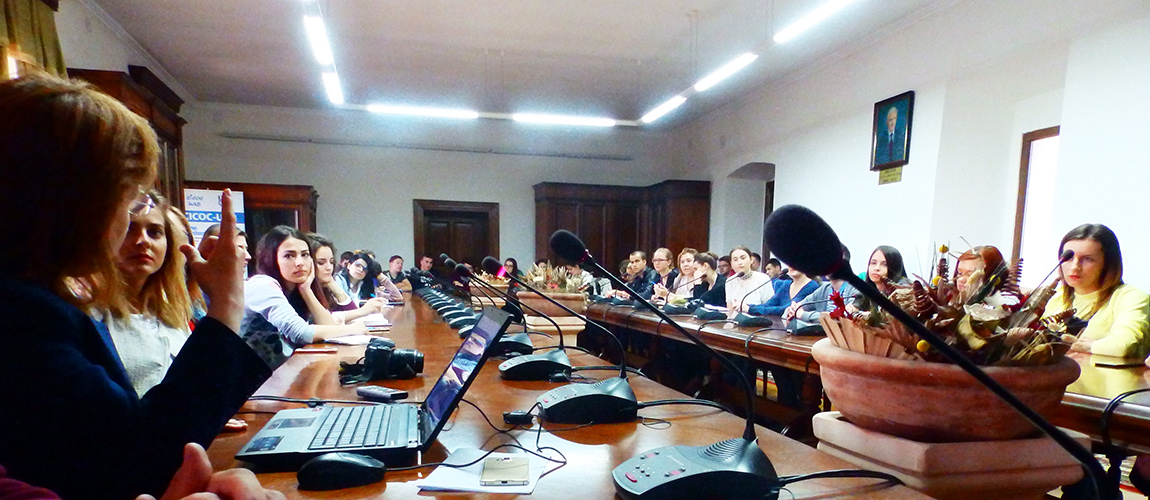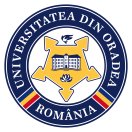RESTANTE SEPTEMBRIE 2024
Restante Alina Decsei Radu6 sept ora 10 restantele mele licenta 3 Psihologia relatiilor de cuplu si familie si master clinica 2 Consilierea relațiilor de cuplu si familie, Practica, plus master educationala Autocunoaștere și deprinderi 1
Roseanu Gabriel
Datele pt restante din sep 2024
Neuropsihologie, toti anii (pt anii terminal si cei nonterminali): data de 03.09.2024, ora 13:00.
Neurstiinte cognitive si clinice , toti anii (pt anii terminal si cei nonterminali): data de 03.09.2024, ora 14:00.
Psihologia religiei, toti anii (pt anii terminal si cei nonterminali): data de 03.09.2024, ora 15:00.
Psihologie politica , toti anii (pt anii terminal si cei nonterminali): data de 03.09.2024, ora 16:00.
Consiliere si terapie de grup (master clinica), data de 04.09.2004, ora 09:00



